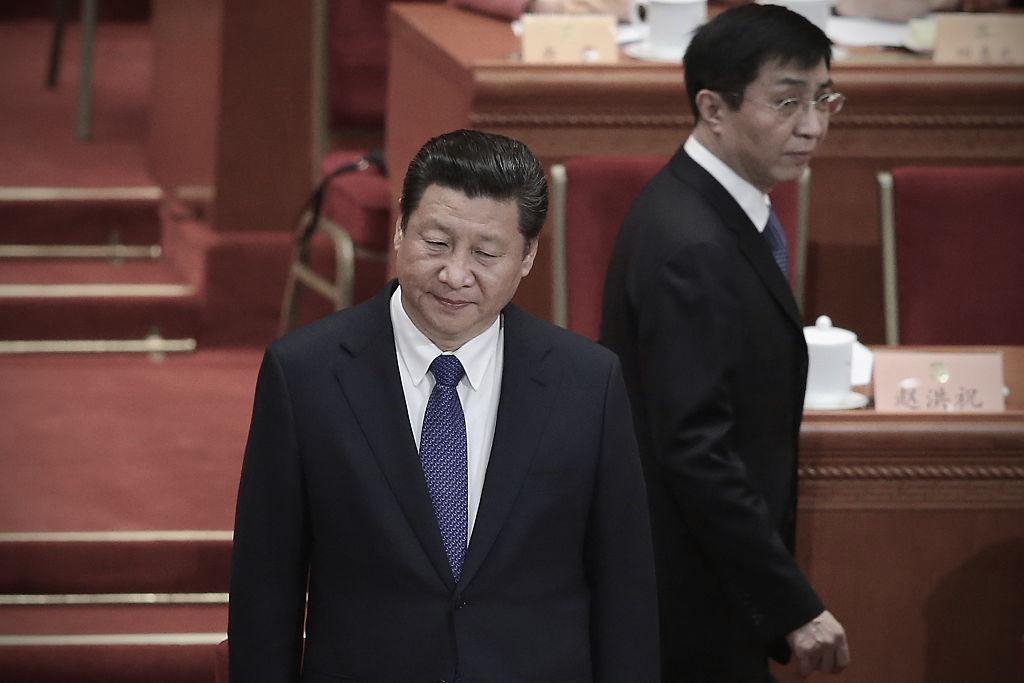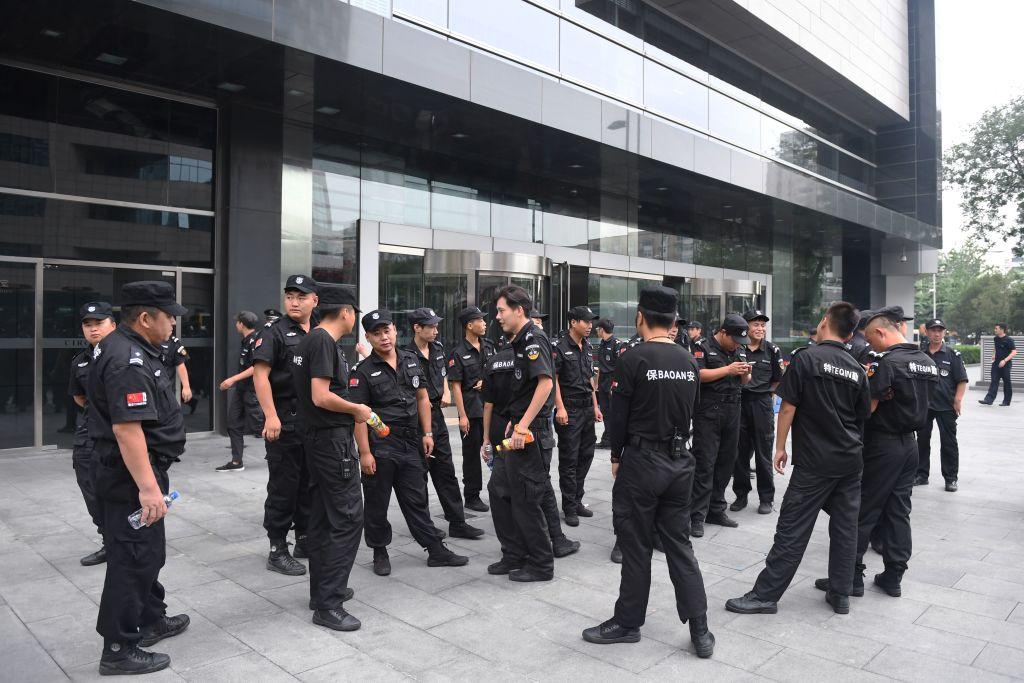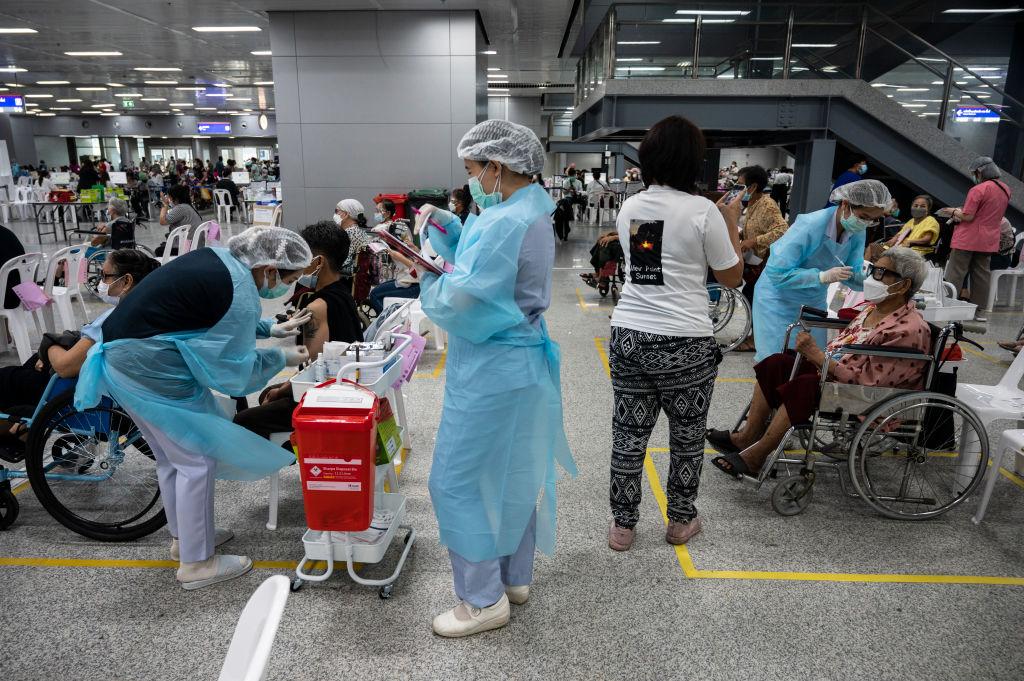In a rarity for Beijing diplomacy, no effort was made to disguise the frosty and tense atmosphere encountered by U.S. Secretary of State Mike Pompeo, who had come for a one-day visit.
The likely cause was the landmark speech given by Vice President Mike Pence a few days ago, which has been likened by many to Winston Churchill’s Iron Curtain speech in 1946 marking the beginning of the Cold War.




